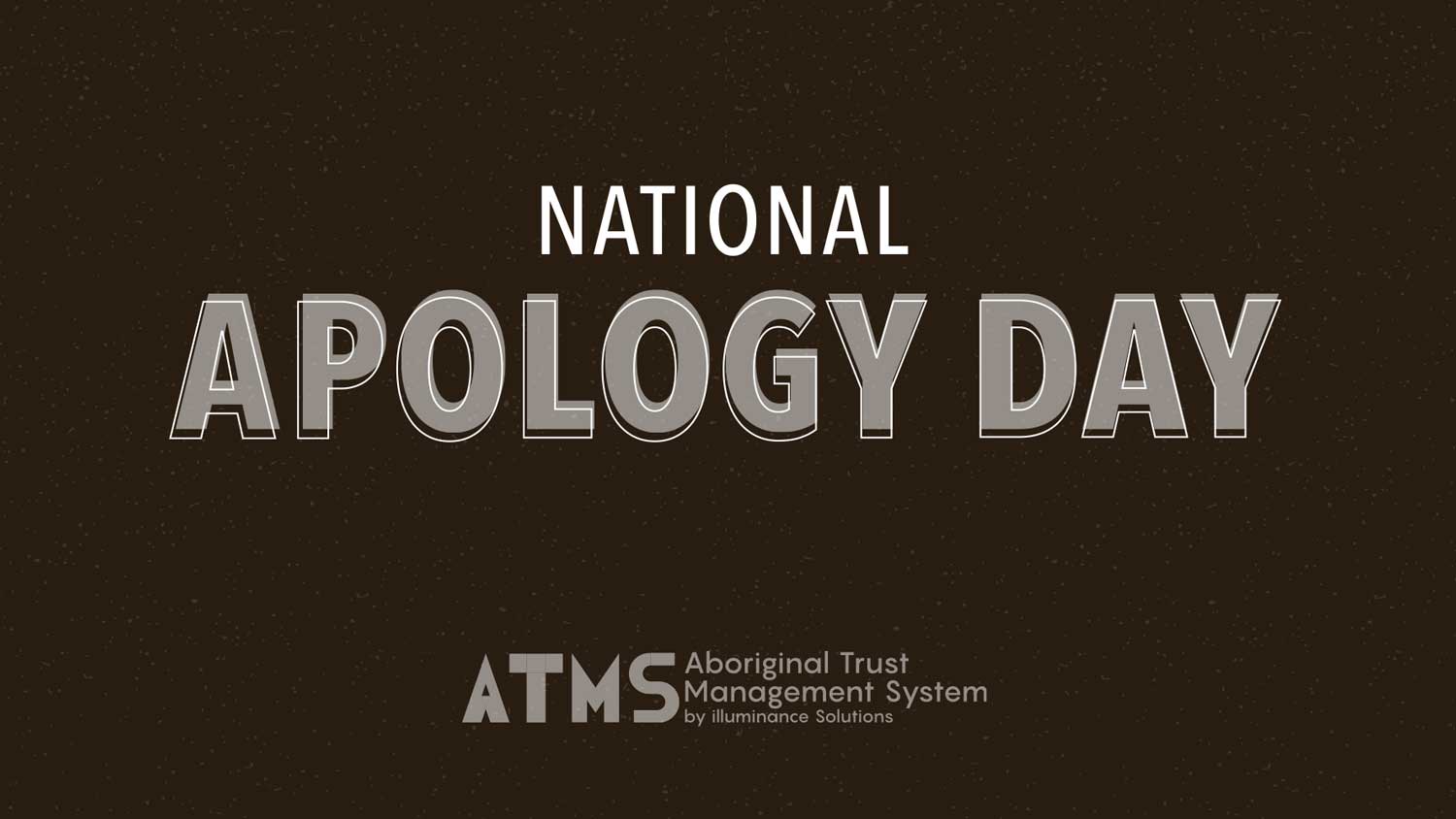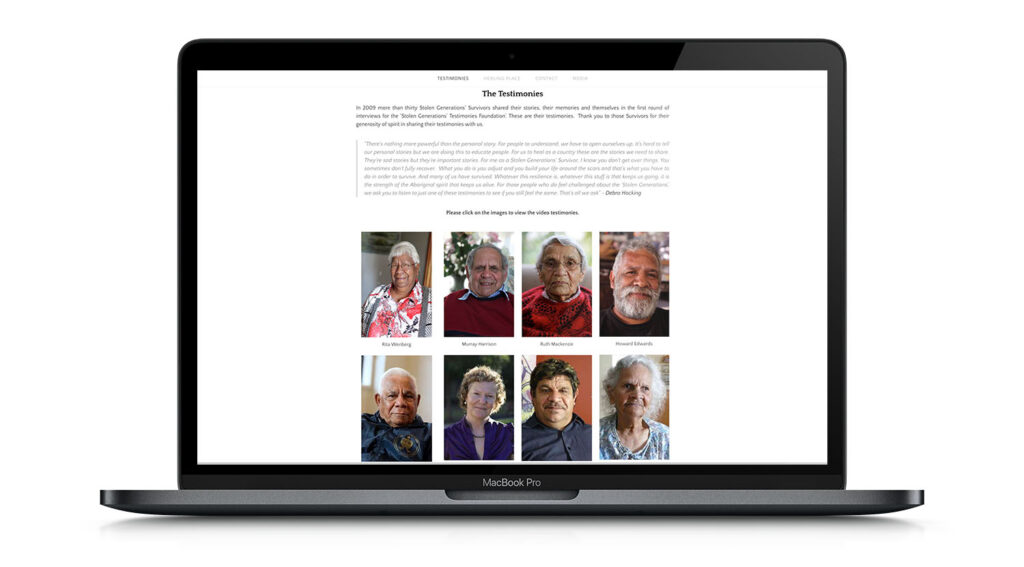Fifteen years ago, on 13 February 2008, Prime Minister Kevin Rudd made a formal apology to Aboriginal and Torres Strait Islander peoples, particularly to the Stolen Generations whose lives had been blighted by past government policies of forced child removal and assimilation, acknowledging Australia’s wrongdoing which resulted in Stolen Generations.
Kevin Rudd’s apology is not the end of the matters of the Stolen Generations. Rudd was meant to fulfil a step in a guided process of reparation against human rights, not persuading Indigenous people to, ‘Get over it’, ‘Move on’, ‘Let it go’ or ‘Forgive and Forget’, and he apologised on behalf of the Government. The Government, along with the Church, were the two main organisations who hold a level of culpability for the Stolen Generations.
This commemoration differs from National Sorry Day, which is held annually on 26 May. National Sorry Day have been held every year since 1998, one year after the tabling of the Bringing Them Home Report in Parliament, presenting the findings of an inquiry instigated by the Human Rights and Equal Opportunity Commission in 1995.
National Apology Day and National Sorry Day both are very important dates in Australia’s history, reminding the nation of its past wrongs and the need for ongoing efforts for reconciliation. The days provide an opportunity for the nation to come together, reflect, and work towards a more just and equitable future for Indigenous Australians. They also serve as a reminder that the journey towards reconciliation is ongoing and requires effort from all members of the community.
As a nation, Australia must continue to take responsibility for its past actions, acknowledge the harm they have caused, and work towards reconciliation and healing. This involves addressing the social, economic, and health disparities that Indigenous Australians continue to face, and creating a more inclusive society that values and celebrates Indigenous culture, heritage, and traditions.
National Apology Day is a powerful reminder of Australia’s past and the importance of reconciliation and healing. It is a day to reflect, remember, and acknowledge the harm caused by past government policies and to recommit to creating a better future for Indigenous Australians.
The Apology
“I move:
That today we honour the Indigenous peoples of this land, the oldest continuing cultures in human history.
We reflect on their past mistreatment.
We reflect in particular on the mistreatment of those who were Stolen Generations—this blemished chapter in our nation’s history.
The time has now come for the nation to turn a new page in Australia’s history by righting the wrongs of the past and so moving forward with confidence to the future.
We apologise for the laws and policies of successive Parliaments and governments that have inflicted profound grief, suffering and loss on these our fellow Australians.
We apologise especially for the removal of Aboriginal and Torres Strait Islander children from their families, their communities and their country.
For the pain, suffering and hurt of these Stolen Generations, their descendants and for their families left behind, we say sorry.
To the mothers and the fathers, the brothers and the sisters, for the breaking up of families and communities, we say sorry.
And for the indignity and degradation thus inflicted on a proud people and a proud culture, we say sorry.”
The Hon Kevin Rudd
13 February 2008
Stolen Generations’ Testimonies
The ‘Stolen Generations’ Testimonies’ project is an initiative to record on film the personal testimonies of Australia’s Stolen Generations Survivors and share them online.
The Stolen Generations’ Testimonies Foundation hopes the online museum will become a national treasure and a unique and sacred keeping place for Stolen Generations’ Survivors’ Testimonies. By allowing Australians to listen to the Survivors’ stories with open hearts and without judgement, the foundation hopes more people will be engaged in the healing process.
Click the image to visit the online museum.
Aboriginal Trust Management System (ATMS) is a cloud based solution designed to help native title Prescribed Body Corporates (PBCs) with a powerful and holistic solution for member and finance management.
ATMS is built on modern and powerful Microsoft Power Platform and Dynamics 365 cloud-based platforms, that combines components of Customer Relationship Management (CRM) and Enterprise Resource Planning (ERP). ATMS has been tailored to improve productivity, recording and communication and is able to integrate with the other Microsoft cloud-based solutions.
The core platform is Microsoft Power Platform, on which ATMS is built and provides the following features:
- Member Management
- Funds Management
- Fund Application Processing and Management
- Case Management
- Member Communication
illuminance Solutions is a Microsoft Gold Partner and a 2019 Microsoft Global Partner of the Year: Partner for Social Impact.

Talk to us about how to improve your customer service, optimise your resources and use technology to deliver innovative solutions.




